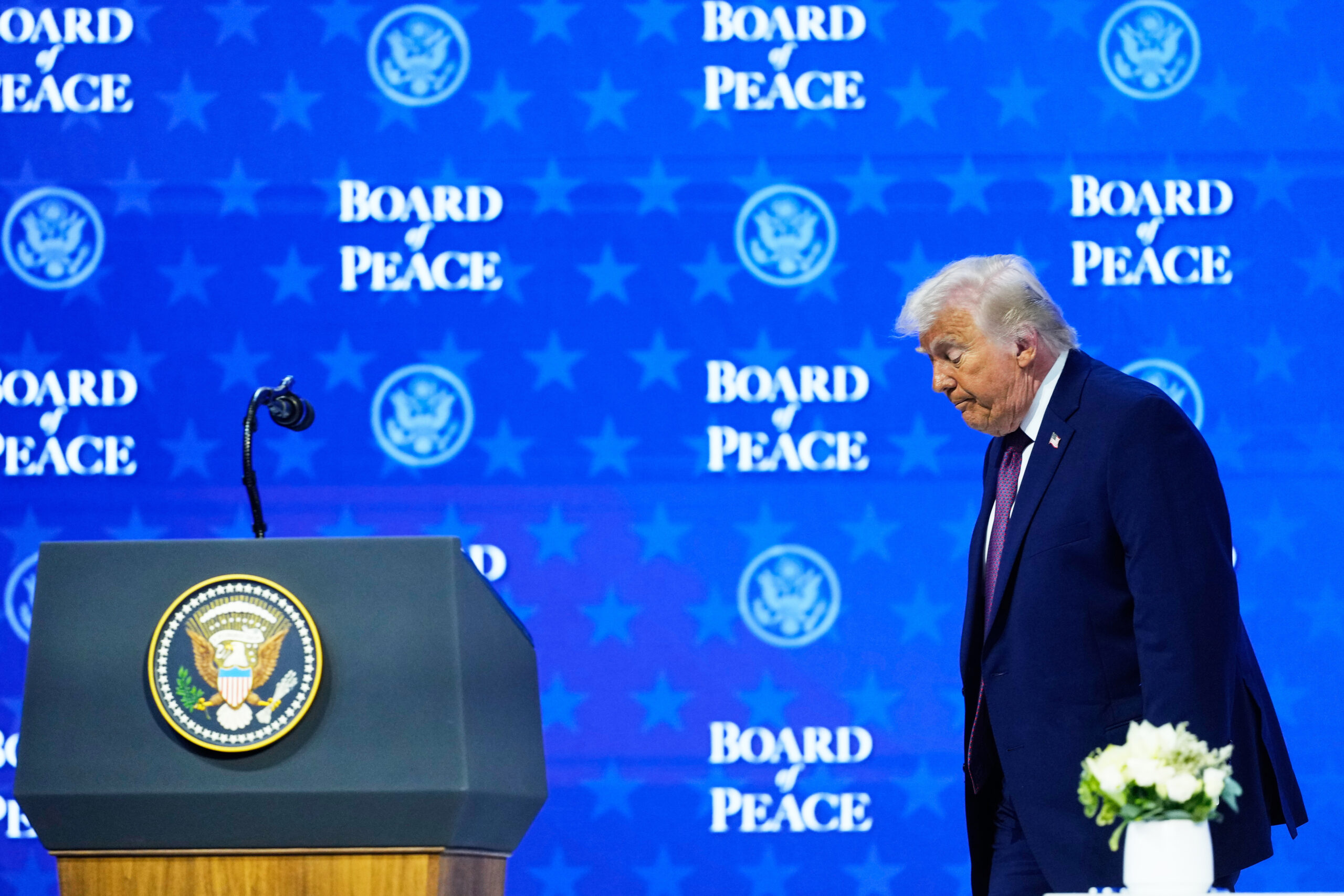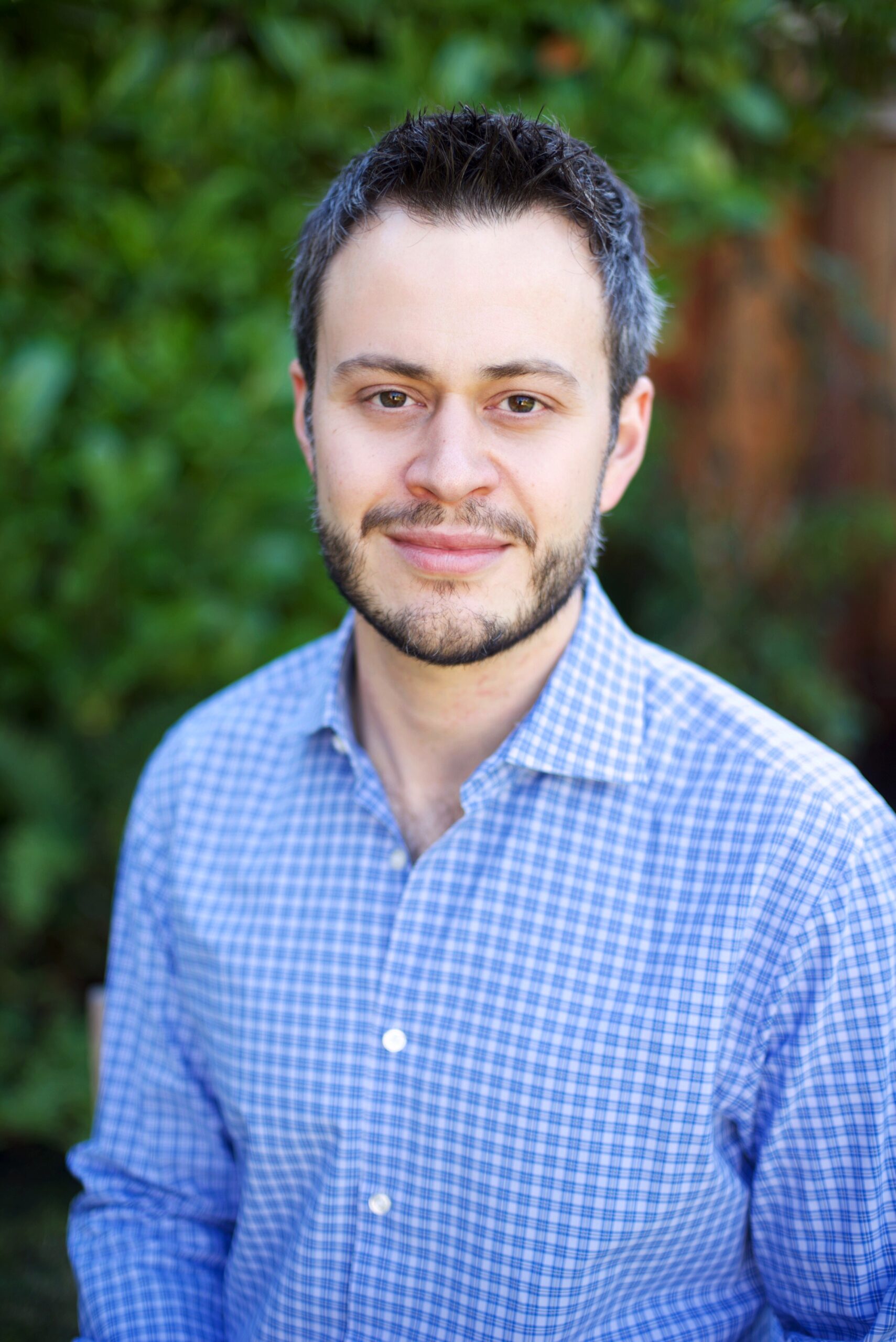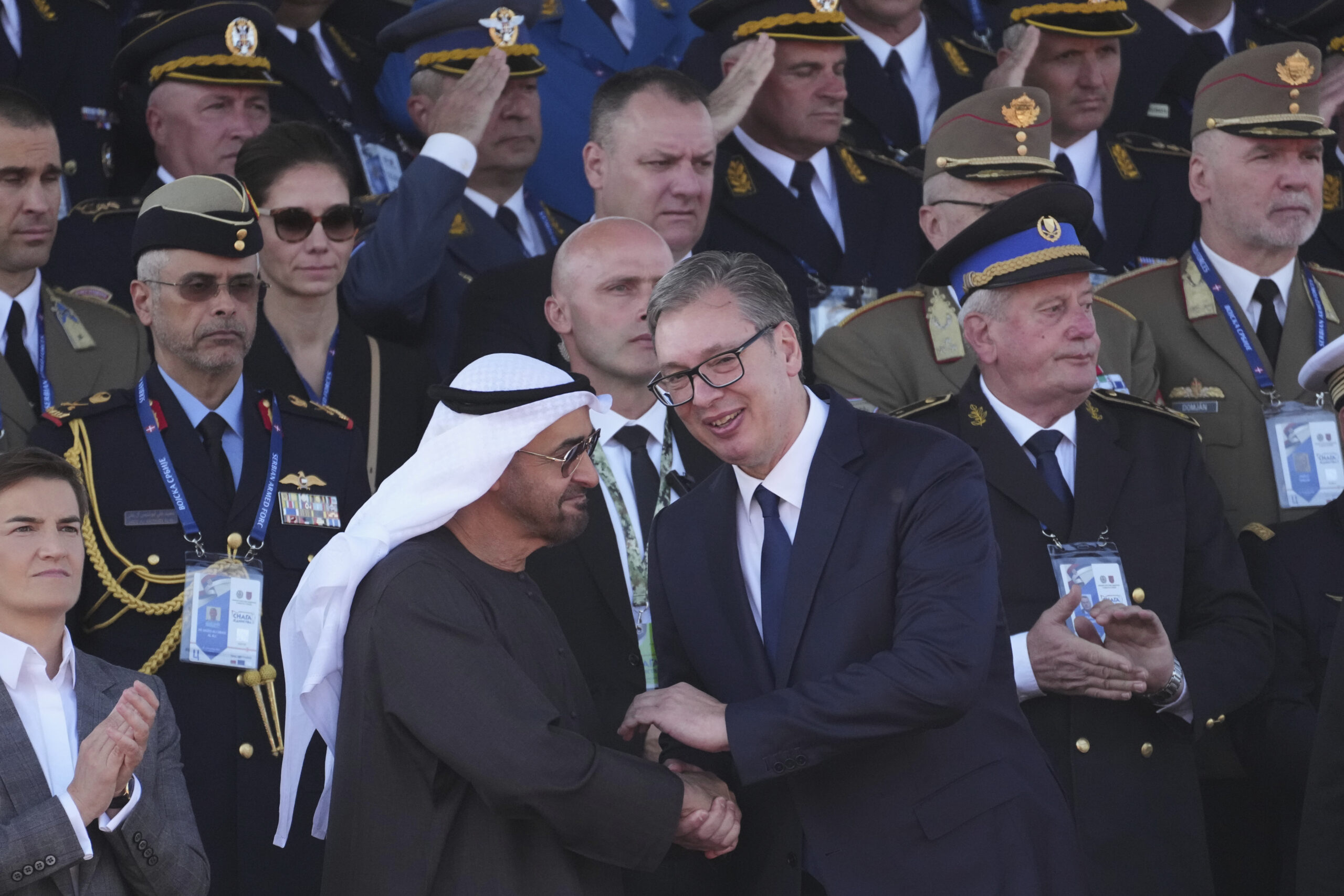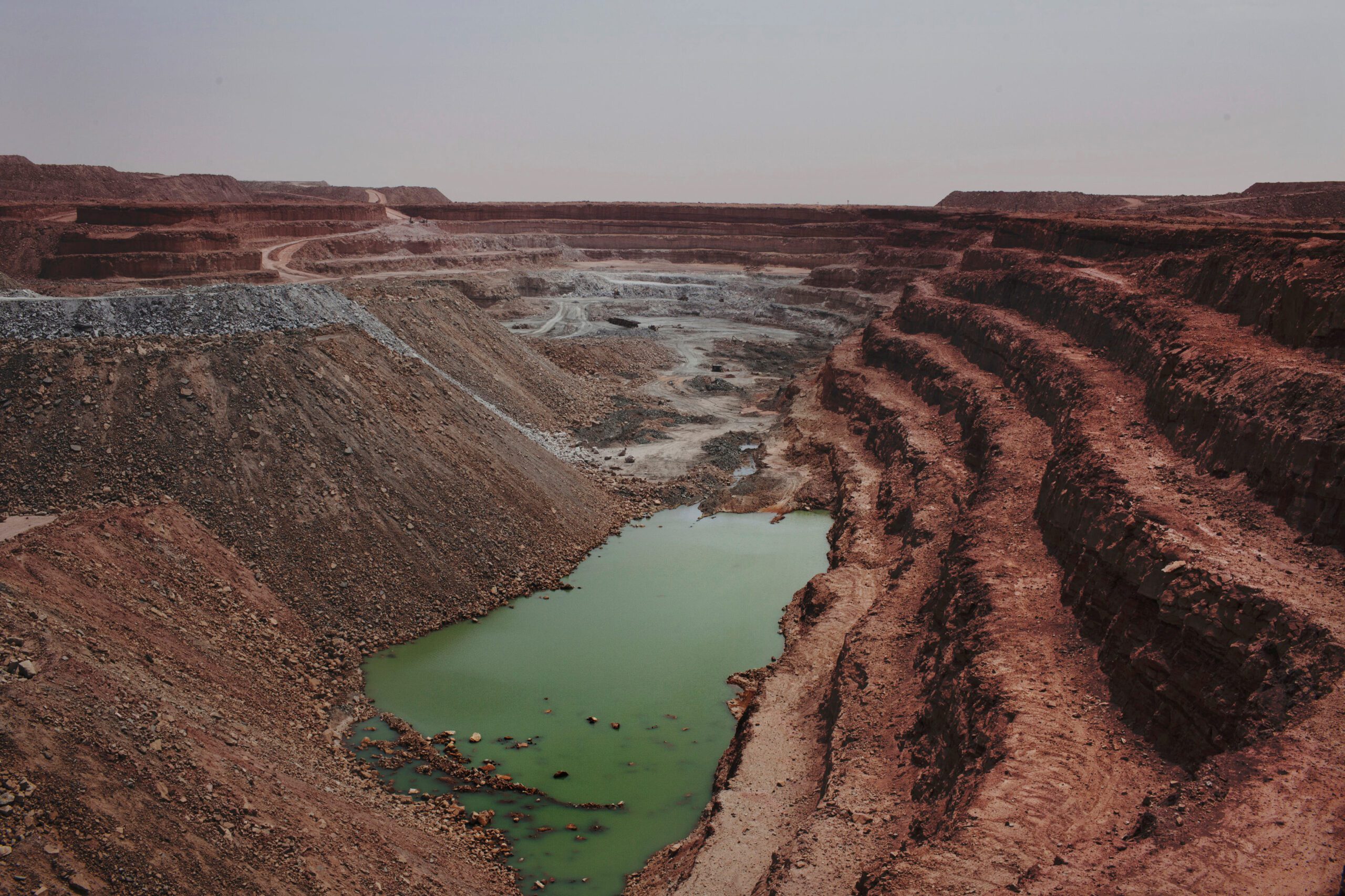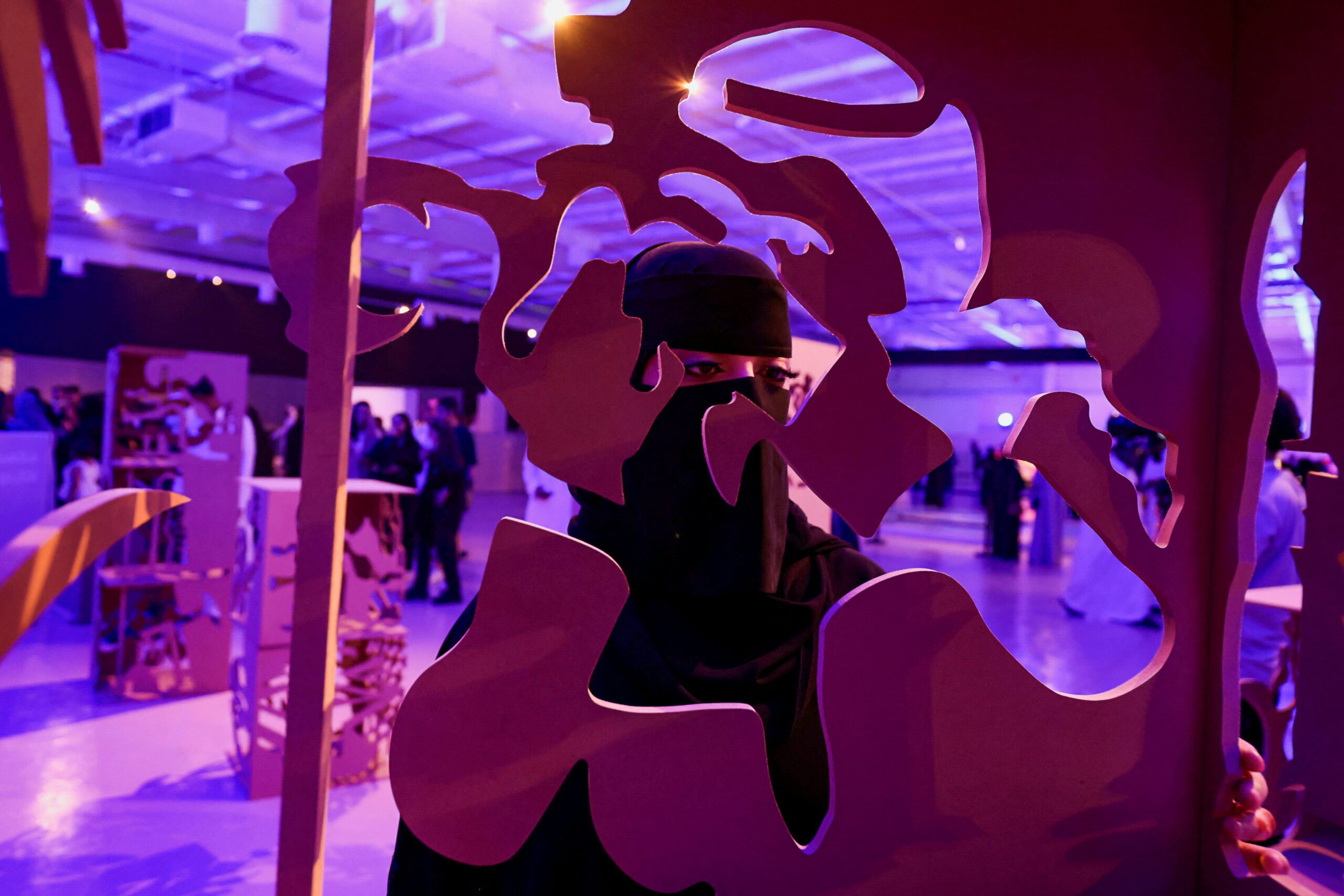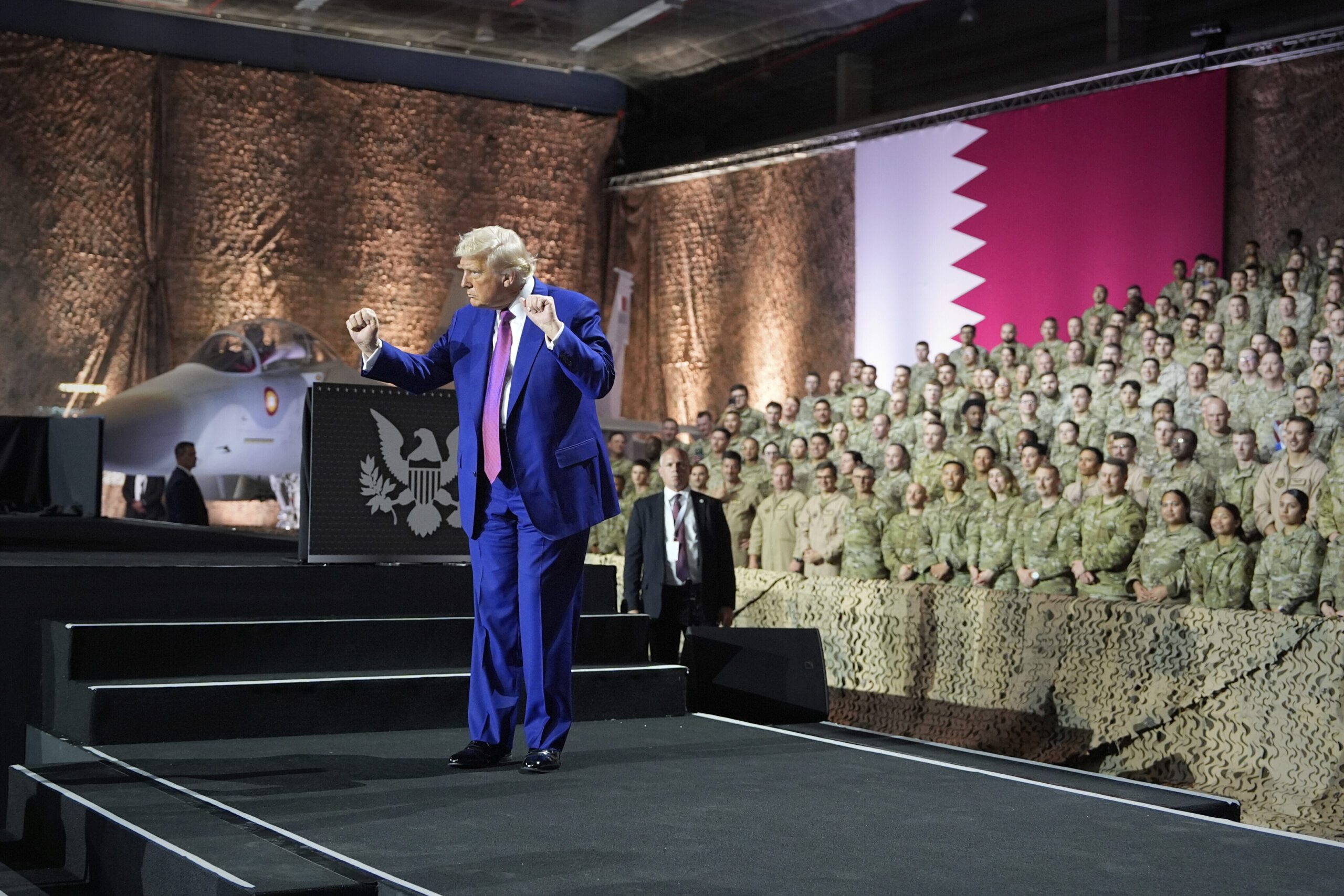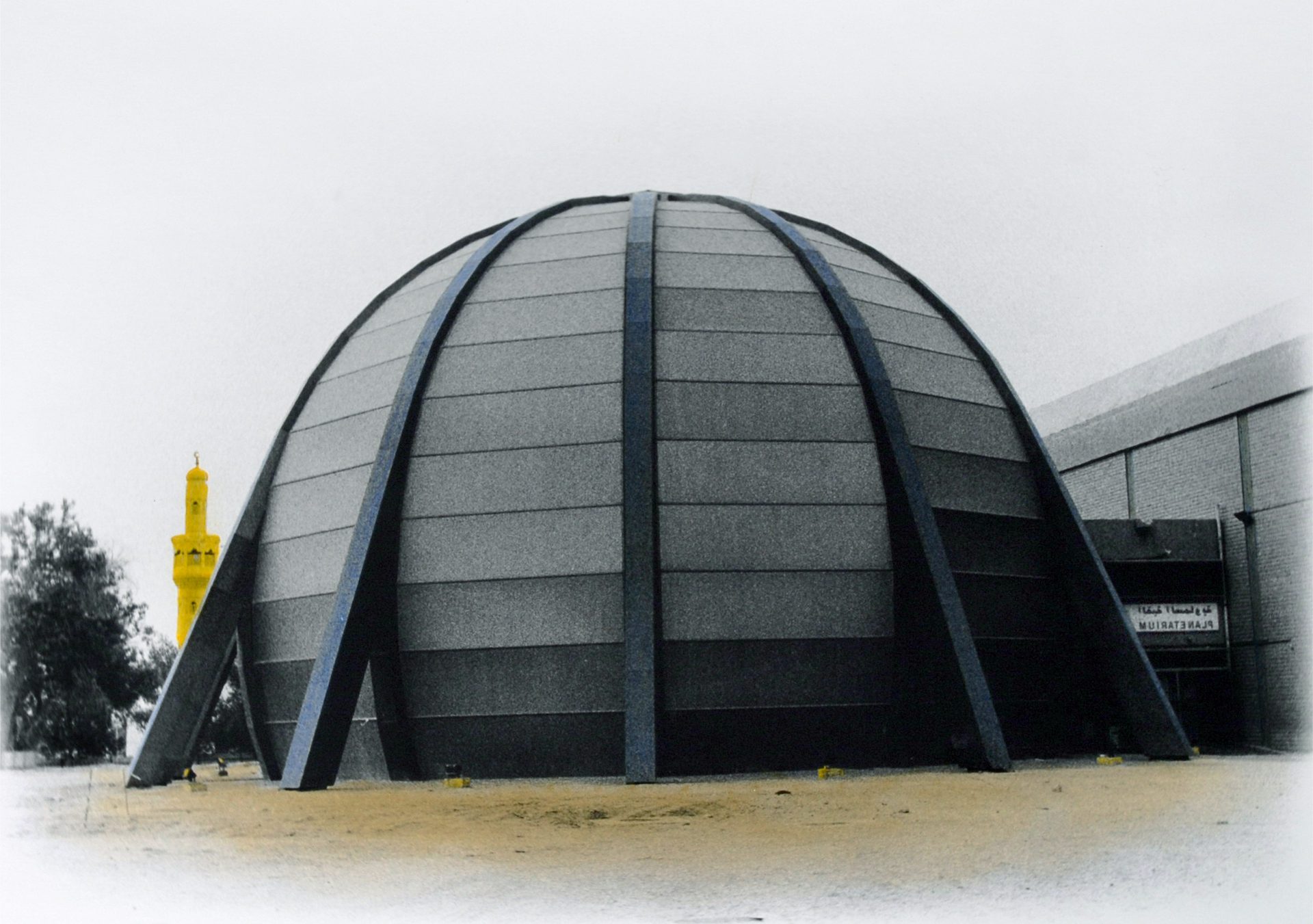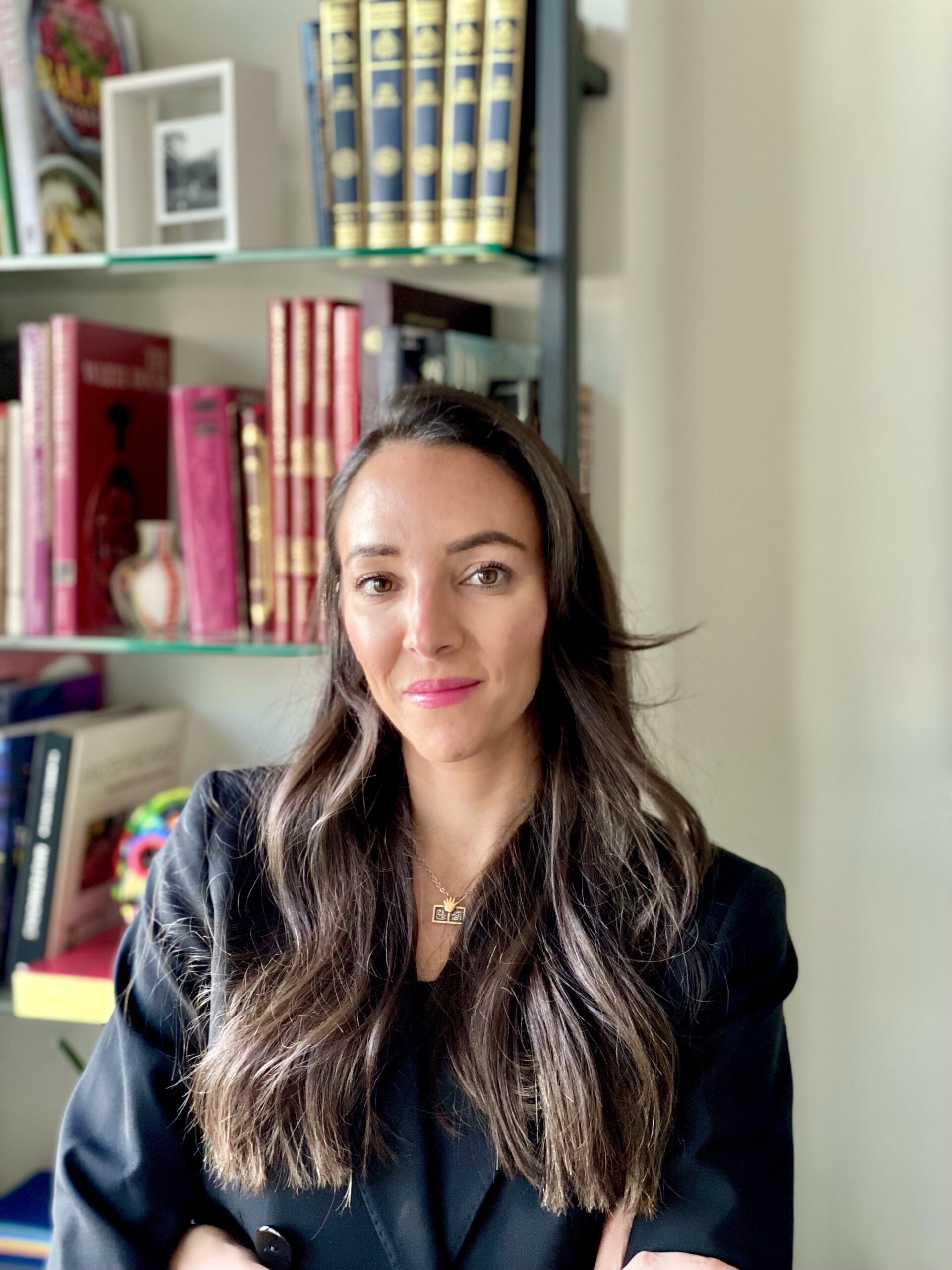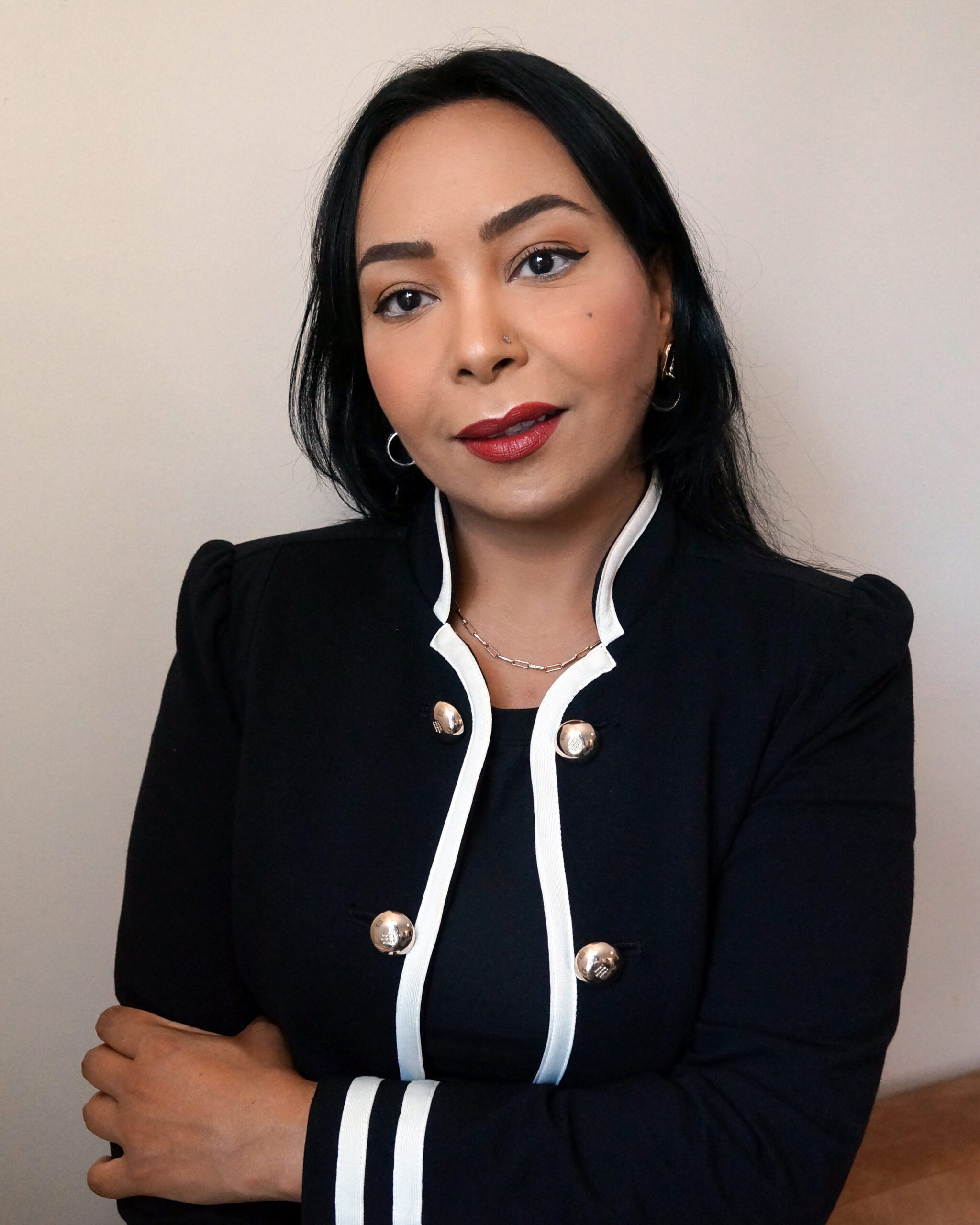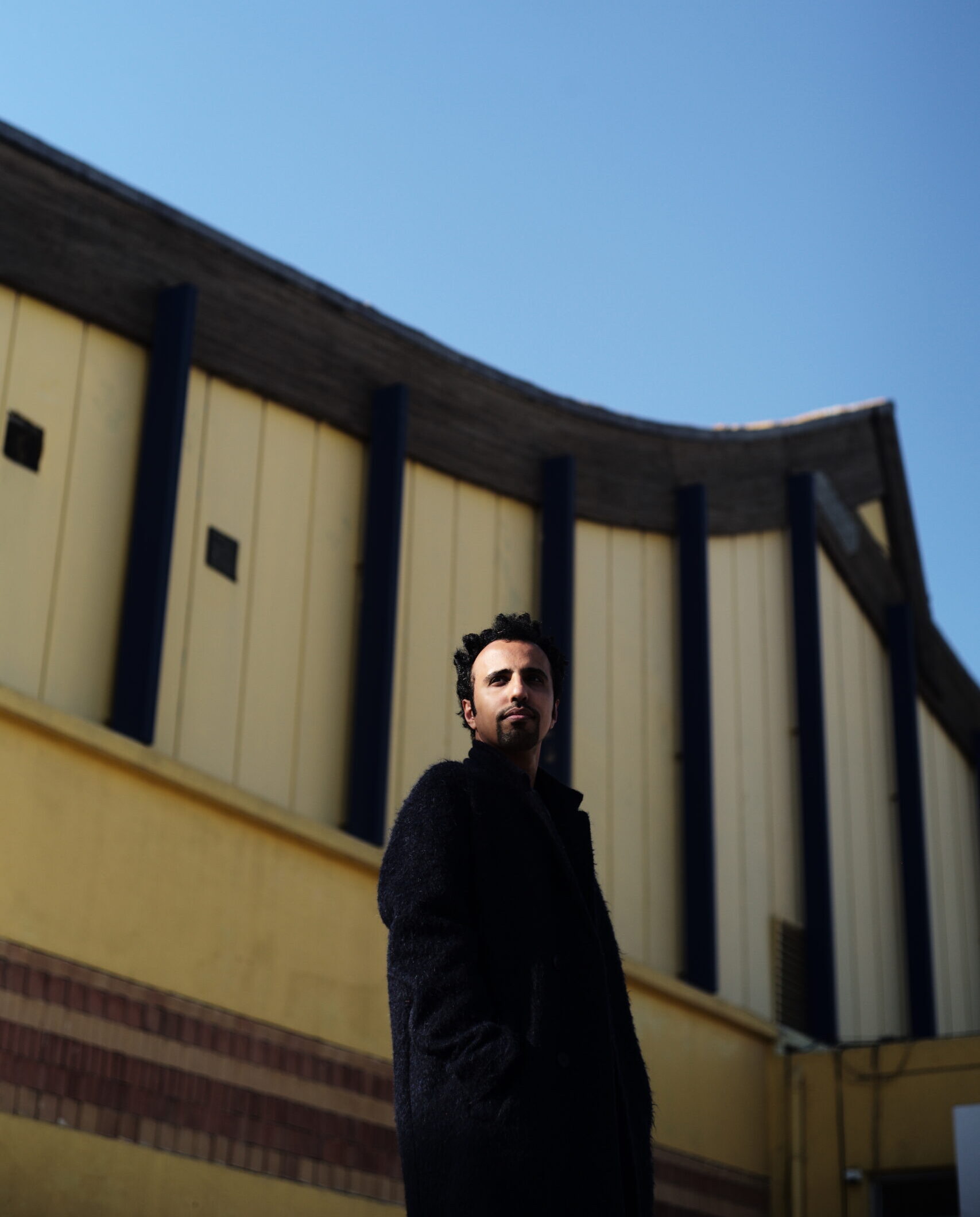Kuwait: Finding Balance in a Maximalist Gulf
Amid the dramatic changes sweeping the Gulf region, Kuwait’s incremental approach is being sorely tested.
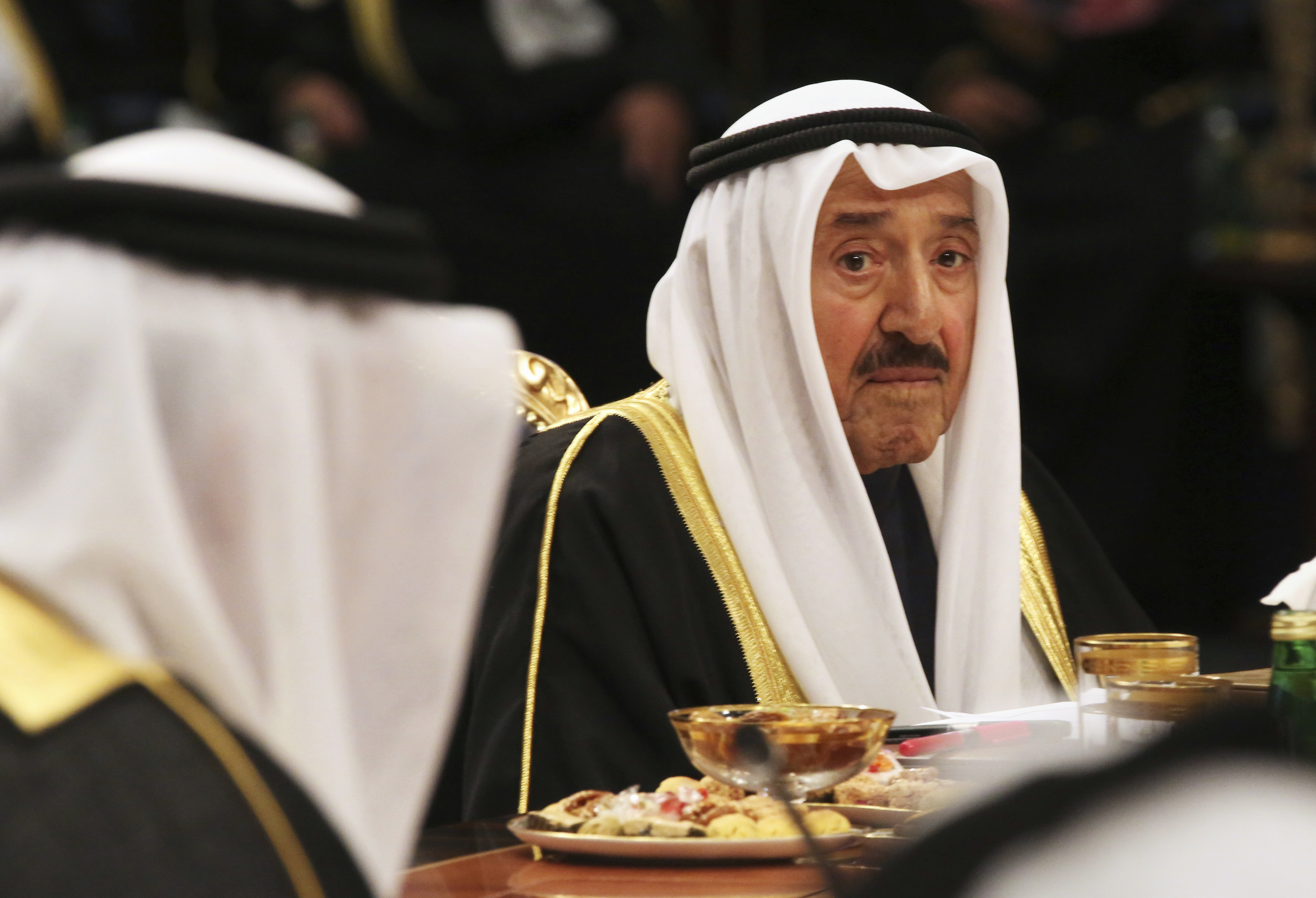
Executive Summary
Kuwait projects itself as a champion of participatory politics and Gulf and Arab unity as embodied in its Parliament and support for regional institutions such as the Gulf Cooperation Council. Yet today, Kuwait finds its participatory and deliberative politics out of step, as younger leadership in Qatar, the United Arab Emirates, and Saudi Arabia centralize power in pursuit of bold economic visions and greater influence abroad. Amid the dramatic changes sweeping the Gulf region – the contest for regional supremacy, generational transition, and economic transformation – Kuwait’s incremental approach is being sorely tested. This paper examines Kuwait’s search for balance among its social groups, political institutions, and regional powers, while asking if Kuwait’s model is sustainable in a Gulf security and political environment characterized by maximalism.
Kuwaiti national narratives depict a consensual monarchy where merchants, both Sunni and Shia, came together to constrain the ruler and defend the sovereignty of the emirate. These accounts elide social cleavages and simplify geopolitics that are still relevant today. But they do inform a tradition of popular participation and a template for national cohesion in the face of foreign threat. Kuwait’s political history, demographics, and geopolitical constraints likewise shape the social balancing and regional mediation Kuwait’s rulers deploy to maximize their scope for independent action at home and abroad.
Under the current Emir Sabah al-Ahmed al-Sabah, relations between the ruling family-led executive and the elected Parliament have become more contentious. This has stymied decision making and stunted economic development relative to Kuwait’s neighbors. As the political crisis escalated, in part due to the pressure applied by youth-led protest movements, the government adopted new measures to regain control: restricting political expression, hindering opposition elections, and limiting parliamentary inquiries. These new controls have enabled the government to pursue delayed megaprojects and undertake modest economic reforms, while also responding to public criticism with new public works.
Some of the political instability is attributable to heightened competition within the ruling Al Sabah family, anticipating the transition of power to a younger generation of royals. This leadership struggle, captured in the decadelong rivalry between former Prime Minister Nasser al-Mohammed al-Ahmed al-Sabah and former Deputy Prime Minister Ahmed al-Fahd al-Sabah, embroiled Kuwait’s institutions, from the Parliament to the media to the courts. The recent appointment of the son of the emir, Nasser Sabah al-Ahmed al-Sabah, as defense minister and deputy prime minister has brought greater unity and a degree of clarity to the succession process.
Internationally, Kuwait is facing the challenge of two separate crises: the expansion of Iranian influence in the region and the division of the Gulf countries due to the Saudi- and Emirati-led boycott of Qatar. Both threaten to divide the Kuwaiti public and narrow Kuwait’s autonomy. Kuwait has responded through mediation, both with Iran and Qatar, working closely with the institutions of the GCC. Yet it has failed thus far to make progress on either front, and now faces a U.S.-backed escalation against Iran. This suggests that Kuwait may be in the uncomfortable spot of seeking a position of relative neutrality in a zero-sum conflict.
As a small state on the Gulf littoral, Kuwait cannot ignore the contest for regional supremacy, nor can it play a leading role in it. It is therefore likely to continue to press for the survival of Gulf institutions, keeping lines of communication open to regional and international powers, while protecting its unity and sovereignty. The silver lining behind these regional crises may be the achievement of greater unity within Kuwait as evidenced by improved ruling family cooperation with the Parliament and opposition, and growing consensus behind future leadership.
The views represented herein are the author's or speaker's own and do not necessarily reflect the views of AGSI, its staff, or its board of directors.


